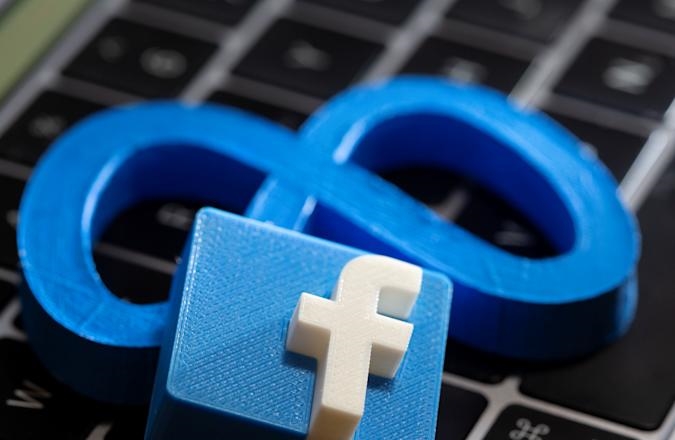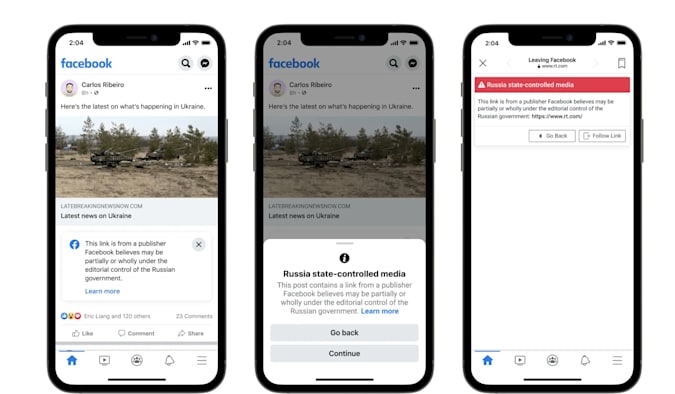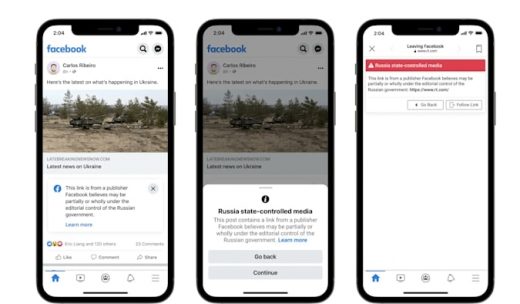Facebook and Twitter remove Russian embassy posts denying Mariupol hospital bombing
Facebook will demote Russian state media across its entire platform
The company also plans to label all links to Russian state media outlets.


Facebook is taking new steps to curb the influence of Russian state media outlets on its platform. The company, which has already blocked access to RT and Sputnik within the European Union and Ukraine, now says it will demote all Russian state media across Facebook and Instagram around the world.
Calling the move “unprecedented,” Meta’s president of Global Affairs Nick Clegg, said the company was making Russian state media “harder to find” on Facebook and Instagram. “We are demoting content from Facebook Pages and Instagram accounts for Russian state controlled media outlets,” Clegg said during a call with reporters. “We have also begun to demote posts that contain links to Russian state controlled media websites on Facebook over the past few days.”
While Facebook has in the past down-ranked certain types of content, like vaccine misinformation, it’s unusual for the company to demote a wide swath of content entirely. RT in particular is prolific on social media, and has millions of followers on Facebook alone. On the call, Clegg called the move “unprecedented,” and noted that Meta has received requests from a number of governments to suppress Russian state media. So far, the company has only blocked the pages entirely in the European Union — following a ban from lawmakers — and inside of Ukraine.

In addition to demoting content, Clegg said Facebook will also add labels to all links to Russian state media websites that are shared on its platforms in order to “provide more information to people before they share them or to let them know that they lead to state controlled media websites.” Facebook Pages and Instagram accounts controlled by state media will also have labels.
The labels, which are expected to roll out in the coming days, will appear on any link to Russian state media and will warn that Facebook believes the publisher is “partially or wholly under the editorial control of the Russian government.” Facebook’s head os Security Policy Nathaniel Gleicher added that the company will be on the lookout for new websites or links created to evade the policy.
Facebook’s latest update comes after several days of crackdowns on Russian state media from major tech companies. Twitter has also added new labels to state media outlets, and taken steps to reduce their visibility on its platform. TikTok has also blocked access to the content within the EU, and Microsoft has removed Russian state media from many of its platforms as well.
Clegg also confirmed that the company’s services are being “throttled” within Russia, a move the country’s regulators announced after Facebook declined to stop fact-checking state media accounts. “We see the effect most particularly on video and other multimedia content … the degradation of the service is definitely discernible,” he said.
Facebook has also enabled its “lock profile” tool for users in Russia and Ukraine, a step that locks down privacy settings and hides friends lists and prevents profile photos from being downloaded. Clegg said the company was also making “encrypted onto-to-one chats available on Instagram for all adults” in the countries. Instagram users there will also see notifications alerting them they can enable encryption in the app’s messaging feature.
(47)


